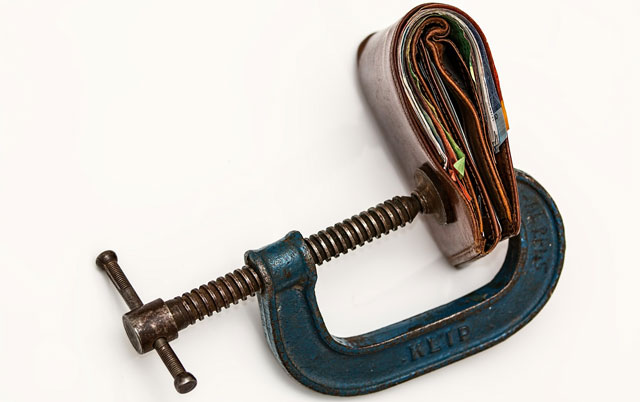
Statistics South Africa on Wednesday announced that the country’s consumer price index was 6% in July 2016, down from 6,3% in June. The index increased by 0,8% month on month (m/m) in July 2016.
Housing and utilities decreased from 1,6 percentage points in June to 1,4 percentage points in July. The index increased by 5,8% year on year (y/y).
Food and non-alcoholic beverages contributed 0,1 of a percentage point in July. The index increased by 0,5% m/m, mainly due to a 2,7% increase in sugar, sweets and desserts, a 1,1% increase in milk, eggs and cheese, and a 0,8% increase in bread and cereals.
Housing and utilities contributed 0,6 of a percentage point in July. The index increased by 2,4% m/m, mainly due to a 10,1% increase in water tariffs, a 5,5% increase in assessment rates and a 7,5% increase in electricity tariffs.
Transport contributed 0,1 of a percentage point in July. The index increased by 0,8% m/m, mainly due to the 11c/l increase in the petrol price.
In July, the CPI for goods increased by 6,5% y/y (down from 6,7% in June), and the CPI for services increased by 5,7% y/y (down from 5,8% in June).
Provincial annual inflation rates ranged from 4,8% in Northern Cape to 7,9% in Limpopo.
Overberg Asset Management said in its weekly overview of the economic and political landscape in South Africa that it expected CPI to moderate slightly from 6,3% y/y in June to 6,1% in July, according to the consensus forecast
“However, CPI Is unlikely to break below the South African Reserve Bank’s 3-6% target range over the foreseeable future due to the lingering effect of drought-induced food price increases and high administered price increases such as municipal rates and electricity. The Bank expects CPI to remain above the target range until the third quarter 2017, ” it said.




